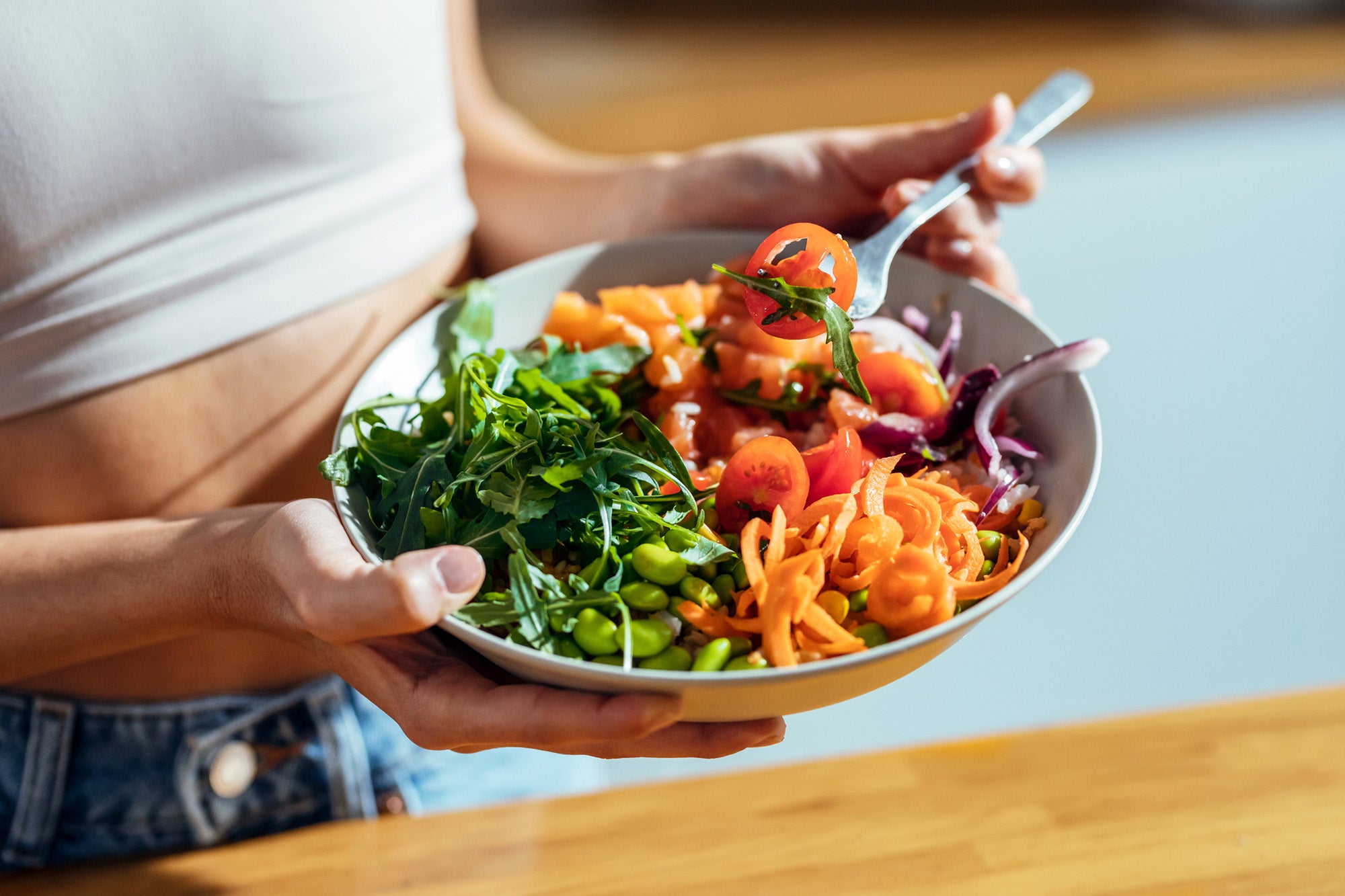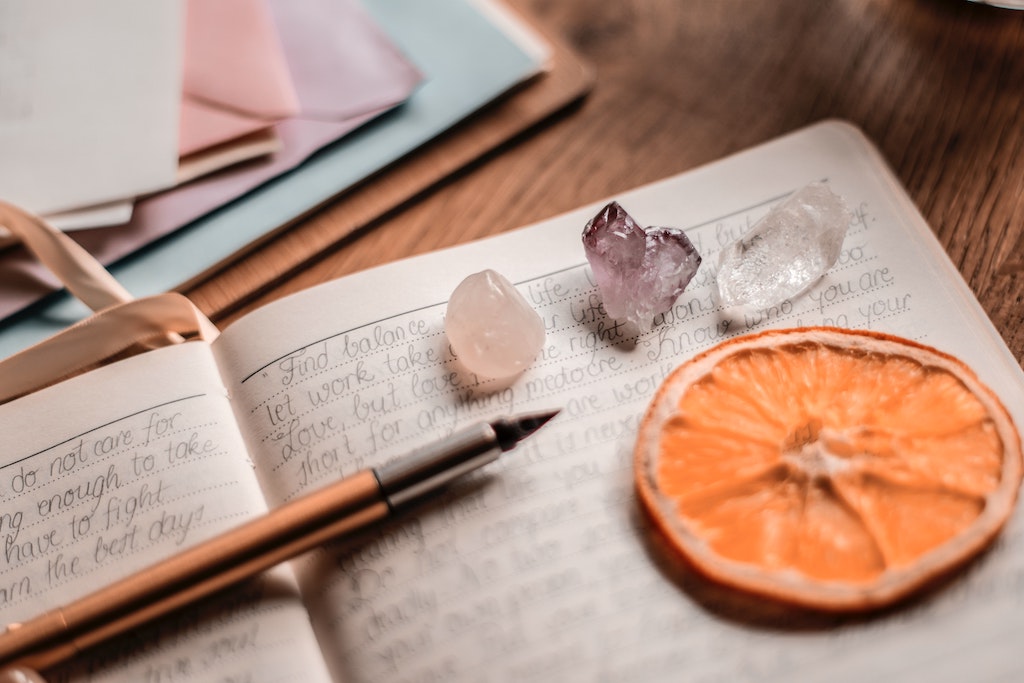Almost everyone needs more sleep than they realize… and than they get! For tweens and teens, most need between 8 - 10 hours per night. Why?
- Sleep gives the growing body and brain restoration time
- You grow when you sleep!
- Sleep helps optimize the immune system
- During sleep, we file away memories, helping lock information (like what you might need to recall on an exam) into long-term storage that’s accessible when you need to whip out a fact
- Sleep helps with concentration during the day… and the opposite is true as well: too little sleep can be a focus-disaster
- When we get a good night’s sleep every night, emotions tend to be steadier (translation: mood swings mellow out)
- Sleep helps regulate our metabolism, so when we get enough, we feel energetic the next day and we burn through fat stores in a way we cannot when we are sleep-deprived*
It turns out, teens with low stress levels are more likely to say that they get enough sleep or have high quality sleep. Teens with high stress levels are more likely to say that they do no get enough sleep or have trouble sleeping well.**
If you want to get more sleep but you just don’t know where to begin to make that happen, here are some tips:
- Don’t charge digital devices in the bedroom overnight - this makes a huge difference in terms of helping you fall asleep and stay in deep sleep. Everyone is tempted to stay on devices late at night - no judgment, that’s human! - but it turns out, even when we’re off them, we all sleep better without devices nearby.
- Get off devices at least well before you want to go to sleep - most experts say at least one hour, ideally two. The blue light and brain stimulation resulting from screens interrupts the body’s wind down. You’ll probably miss some texts from friends, but that’s ok, they’ll be there in the morning!
- Use bed for sleeping and reading - working should happen at a desk or even in a cozy chair. As tempting as it each to do homework propped up against pillows in bed, it’s very confusing for the brain if that same spot where you are working hard some of the time is supposed to be a place for sleep other times.
- Naps are great but short and daytime only. Keep them to under 30 minutes. Napping late in the day can make it hard to finish homework and can even harder to fall asleep later on.
- Avoid working out or eating big snacks late in the evening. Almost everyone has bursts of energy or hunger late at night, but eating or intense exertion aren’t great for getting zzzzz’s.
Click here to learn more about Coping With Stress and Anxiety
Sources:





Leave a comment
All comments are moderated before being published.
This site is protected by hCaptcha and the hCaptcha Privacy Policy and Terms of Service apply.